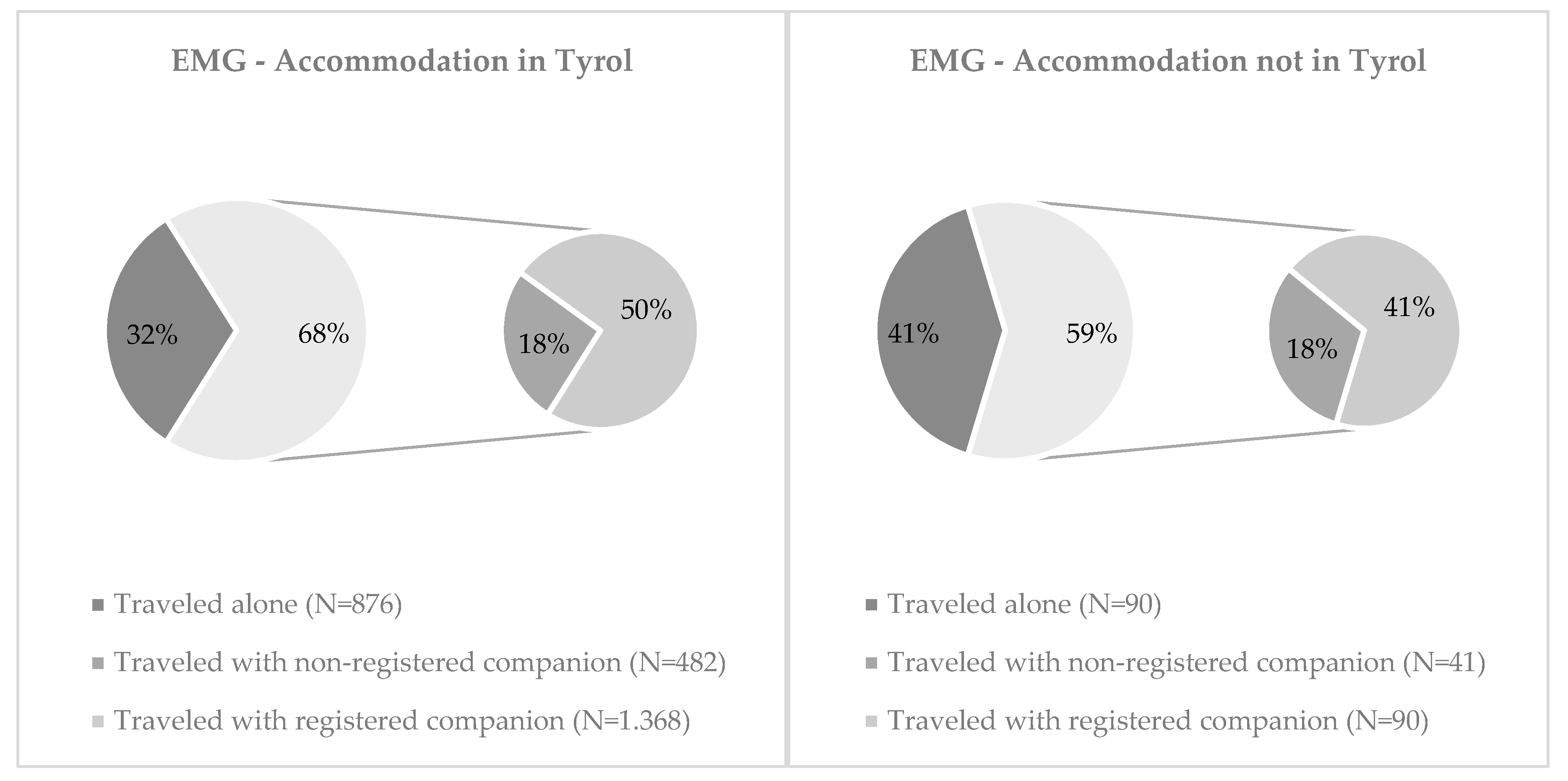
Major sports events have a profound influence on economies, stimulating various sectors and fostering long-term benefits. These impacts can be observed in areas such as employment, infrastructure development, tourism, and local business enhancement.
Job Creation and Employment Opportunities
One of the most significant contributions of major sports events is the creation of jobs. These events demand a large workforce, providing direct employment opportunities not only for athletes but also for coaches, staff, and event management teams. Additionally, ancillary services such as marketing, hospitality, broadcasting, and security further expand job opportunities[1][6]. Specific examples illustrate this impact: the hosting of the World Cup in various countries led to massive employment generation, as seen in Brazil and Russia, where significant funds were allocated to prepare for these events[2].
As these events often require temporary staffing for event-day operations, they lead to job creation in hospitality and service sectors, significantly reducing local unemployment rates and elevating individual incomes[1][3]. The culmination of these benefits has been a notable increase in consumer spending, stimulating economic activity.
Infrastructure Development

Hosting major sports events necessitates considerable investment in infrastructure. This frequently involves the construction or renovation of stadiums, arenas, transportation systems, and accommodation facilities, creating substantial economic stimuli both during and after the event[1][3]. For example, Qatar's allocation of $220 billion for the World Cup is indicative of how major events advance infrastructure development, yielding long-term economic benefits[2].
Such infrastructure projects create immediate job opportunities in construction and engineering and lead to enhanced facilities that attract future events. Economic growth from this investment is not merely limited to event time; studies have shown that host cities often experience continued economic benefits in the form of increased tourism and business investment in the years following these events[3][6].
Boosting Tourism and Local Business
Major sports events serve as powerful catalysts for tourism. They draw large numbers of domestic and international visitors, significantly enhancing local economies. Visitors generate demand for accommodation, dining, transportation, and various services, providing a substantial boost to local businesses[1][4].
For instance, an analysis of the impact of the World Masters Games indicated that these events not only brought participants but also their families and friends, who contributed to economic activity through spending during their stays[6]. This presents a remarkable opportunity for local enterprises, as the influx of tourists translates into increased revenue across different sectors.
Moreover, sports tourism specifically promotes local culture and encourages spending in local restaurants, shops, and attractions. This is further enhanced when visitors are introduced to the unique cultural aspects of the host city, fostering interest in local products and experiences[3].
Long-term Economic Impacts

The economic influence of major sports events often extends beyond immediate gains. Studies indicate that such events can significantly enhance a city’s or region’s reputation as a sport tourism destination, leading to future economic benefits derived from increased tourism[6].
Additionally, investment in sports infrastructure can raise real estate values, as the visibility and attractiveness of the area improve post-event. This fosters a more robust local economy as businesses flourish and demand for housing increases[3][4].
Furthermore, the existence of successful sporting events can lead to sustainable development opportunities, whereby cities aim to maintain the economy’s momentum by hosting subsequent events, thereby continually boosting their economic profile[3][5].
Health and Community Benefits
The relationship between sports and public health is another crucial aspect of the economic impact discourse. Engaging communities in sports often translates into improved public health outcomes, which can lead to reduced healthcare costs and increased productivity in the workforce[1][5].
By promoting an active lifestyle and a healthy population, communities not only enhance their quality of life but also experience indirect fiscal benefits in the form of healthier, more productive employees. This shift not only reduces absenteeism but also enhances the overall economic output of the workforce[1].
Moreover, community cohesion fostered through local sports teams and events can enhance social capital, leading to improved civic pride and potentially attracting new businesses to the area[1][4].
Conclusion
The substantial economic impacts of major sports events encompass job creation, infrastructure development, tourism benefits, and long-term economic growth. As evidenced by developments in various regions globally, these events not only stimulate immediate economic activity but also lay the groundwork for sustained development in the future. Through strategic planning and investments in the sports sector, communities can harness these benefits, leading to robust economic growth and enriched societal welfare.
Economic analyses indicate that careful evaluation of these impacts can guide policymakers and stakeholders in making informed decisions, ensuring the potential of sports events is fully realized for sustainable progress[3][6].
Get more accurate answers with Super Pandi, upload files, personalized discovery feed, save searches and contribute to the PandiPedia.
Let's look at alternatives:
- Modify the query.
- Start a new thread.
- Remove sources (if manually added).